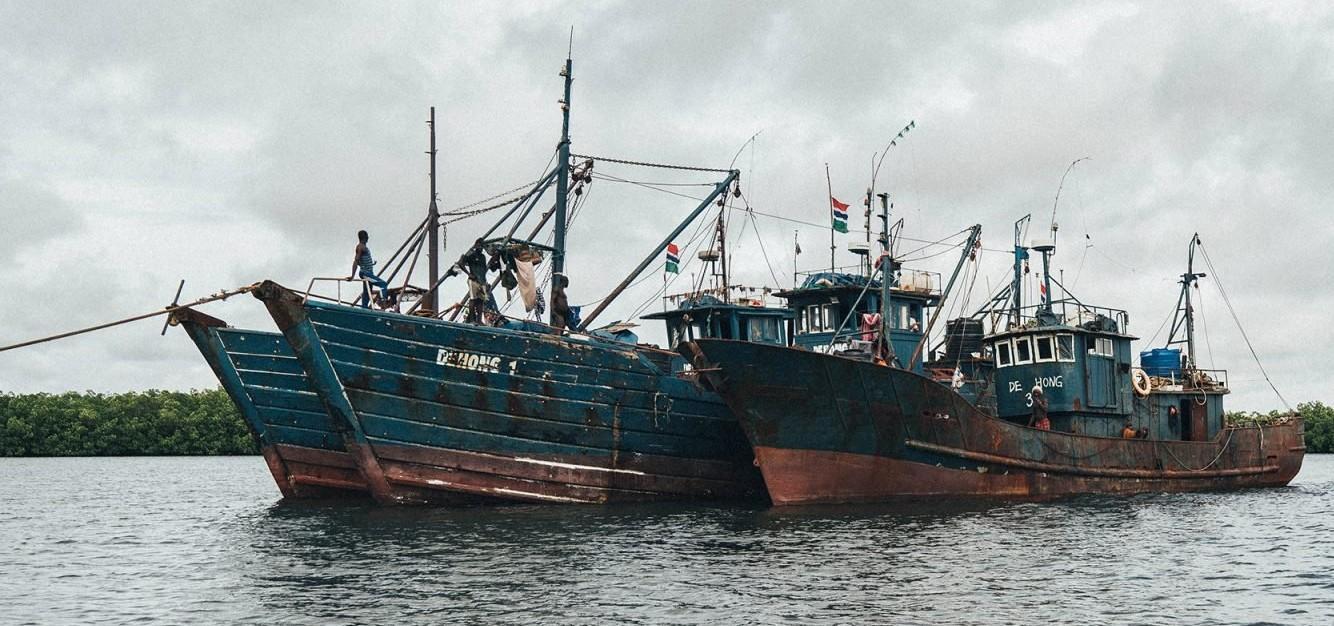Africa-Press – Gambia. In the wake of the EU ambassador’s expression of openness to renegotiate a new fisheries deal with The Gambia, a researcher and expert on fisheries matters, Mustapha Manneh, has said the country must have a fairer share of its marine resources in any new agreement.
Speaking to The Standard, Manneh argued that the current agreement between The Gambia and the European Union is unbalanced, favoring foreign fleets over local communities.
According to him “the 2019 agreement that just expired allowed EU-flagged industrial vessels to fish up to 3,300 tonnes of tuna and 750 tonnes of hake annually in Gambian waters. “In return, The Gambia received €550,000 per year, about half of which was earmarked for strengthening the fisheries sector. On paper, the deal looked like cooperation but in practice, it was an arrangement where The Gambia received the crumbs of its own resources,” Manneh said.
He added that what The Gambia get is only between two to six percent of the value of its marine resources, while the majority of economic gain flowed to foreign fleets, foreign processors, and foreign markets.
He noted that Gambia’s Exclusive Economic Zone may be small, but its value is not.
“Other West African nations, Senegal, Mauritania and Guinea-Bissau, have negotiated stronger terms, securing higher payments, local landing requirements, and stronger protections for local fishing communities. There is no reason The Gambia cannot do the same,” he said.
According to Manneh, the deal has weakened the livelihoods of tens of thousands of Gambians, particularly artisanal fishermen and women in the fish-processing industry.
He also highlighted the environmental sustainability concerns, including damage to sea beds, depletion of small pelagic species and unregulated fishing.
Manneh advocated for a new agreement that prioritises Gambian interests, including strengthening regional cooperation, supporting local fishing communities, and investing in local infrastructure.
“The Gambia must stop being a supplier of raw resources to the world and start becoming a steward and beneficiary of its own marine wealth,” he warned.
“The expiration of the protocol allows us to rethink how we manage our waters. Instead of granting cheap access to foreign fleets, we can strengthen regional cooperation to manage shared fish stocks, support the transition from artisanal to semi-industrial Gambian-owned fleets and invest in local landing, storage and processing facilities. This will ensure that value added from fishing stays in The Gambia”, Manneh concluded.
For More News And Analysis About Gambia Follow Africa-Press






